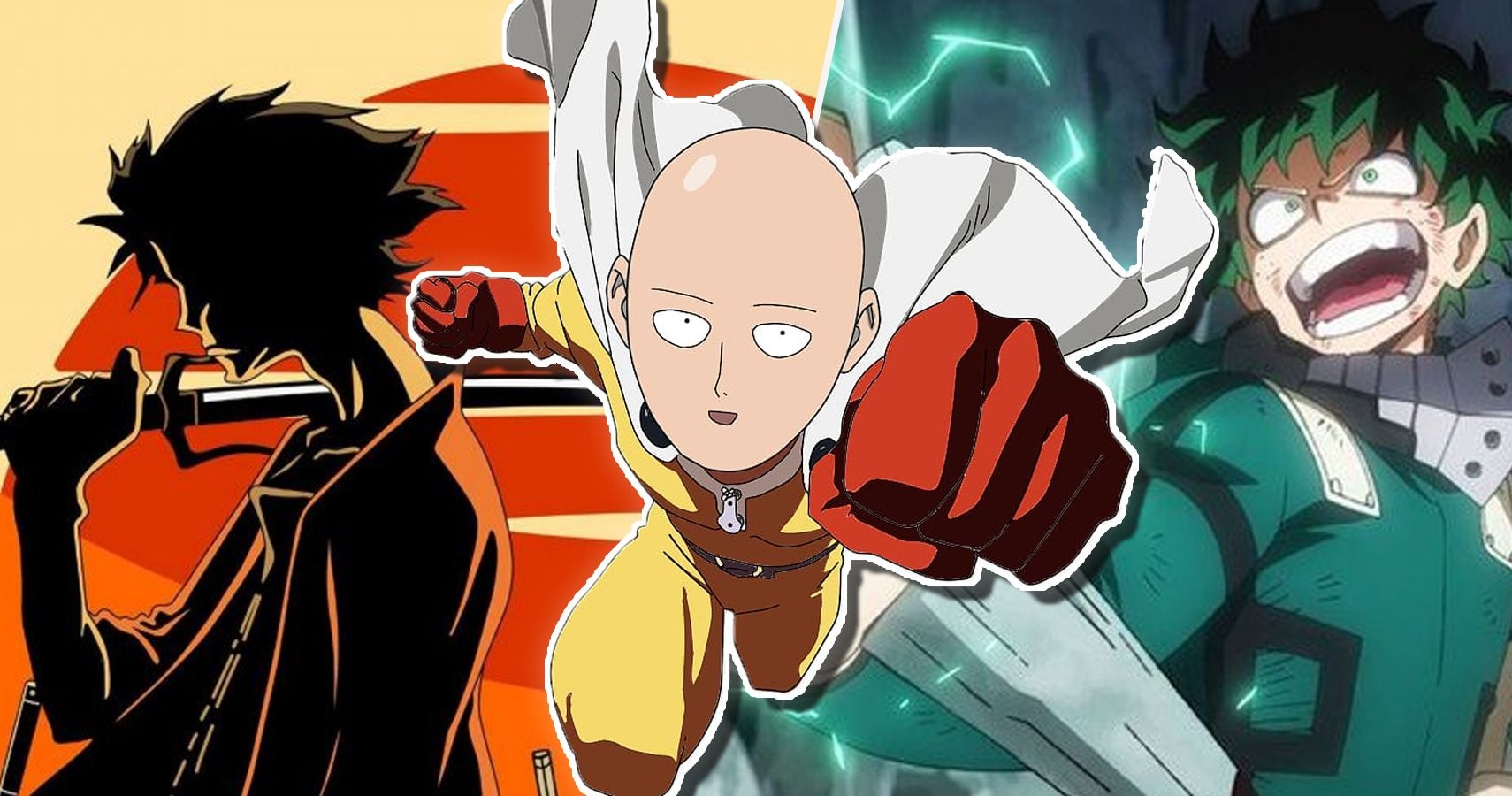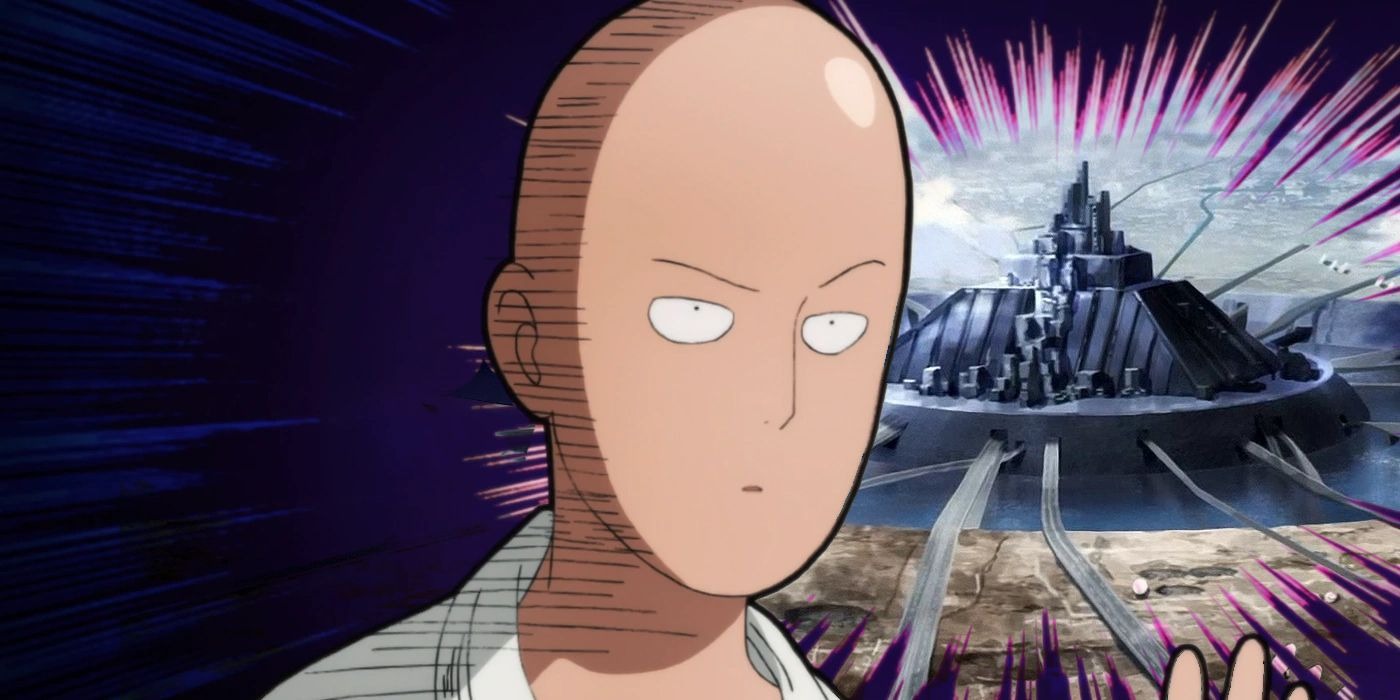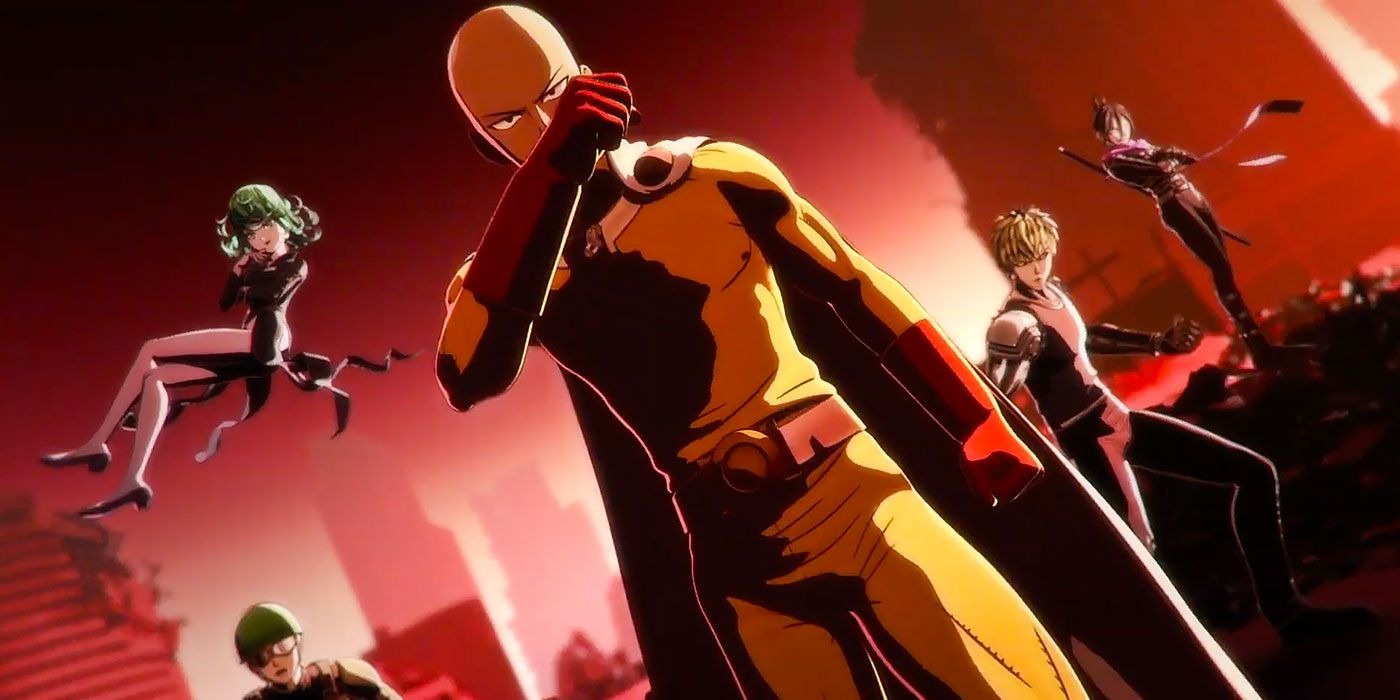As the central governing body of heroes in One-Punch Man, the Hero Association is expected to uphold the highest standards of justice and service. However, the reality behind the scenes tells a very different story. Recent developments in the manga expose the association’s involvement in dubious activities.
All of the corruption revolve around financial gain. These underhanded dealings remain carefully concealed, allowing the organization to maintain its public image as a noble institution that commands a vast network of professional heroes.

A Private Entity With Expanding Corruption
Despite being one of the most influential regulatory organizations in One-Punch Man, the Hero Association operates as a private institution. It functions independently from government oversight, giving it full control over its operations and decisions.
While the association effectively deploys heroes to neutralize threats and ensures discipline within its ranks, it also succeeds in attracting many highly skilled individuals to its cause. However, with its increasing scale and influence, corruption appears to have seeped deeper into its core.
The Hero Association Functions as a Private Army for Wealthy Sponsors
With hundreds of heroes on its payroll, maintaining operations requires substantial financial resources. This is where the association’s wealthy benefactors step in. These multimillionaires provide vast amounts of funding in return for protection and priority treatment.
The association even caters to their demands, which played a crucial role in triggering the war between the Hero Association and the Monster Association. When Waganma was taken hostage by the Monster Association, the Hero Association immediately deployed its most powerful heroes to carry out a rescue mission.
Although sponsor contributions cover a portion of the association’s expenses, they are not enough to sustain its entire operation. As a result, the organization engages in questionable ventures to generate additional income, including a real estate scheme.
Following the destruction of its previous headquarters, the association relocates to A-City, where it constructs a fortified base with extensive security and enhanced infrastructure. Within this facility, A-Class heroes are offered free accommodations—though this so-called perk is merely part of a larger financial scheme.
By marketing the new headquarters as a highly secure residential area protected by top-tier heroes, the organization sells available housing units at exorbitant prices. Middle-class citizens are left with no choice but to take out loans that could take decades to repay.
Yet, this real estate maneuver is only one of several unethical strategies the Hero Association employs to secure funding.
Mysterious Beings Are Being Sold in Secret
The newly built headquarters is not only home to heroes and civilians—it also contains an underground prison where captured mysterious beings are held. These creatures are then sold to questionable organizations for undisclosed purposes.

This shocking discovery is made by Tornado, Blizzard, and Saitama when they attempt to free Psychos from the association’s captivity.
During their mission, they uncover that the Hero Association plans to sell the former Monster Association executive to Tsukuyomi, the same organization responsible for experimenting on the second-ranked hero.
The association claims to exist for the purpose of eradicating monsters and safeguarding the public, making its involvement in the trade of mysterious beings not only unethical but also deeply hypocritical.
Despite this contradiction, it is unlikely that the organization will put an end to this illicit practice, especially if it serves as a lucrative source of revenue.
Fixed Betting Matches Are Another Source of Income
Beyond real estate manipulation and the sale of mysterious beings, the association has established yet another method of securing funds—organized betting matches.
McCoy, the same figure who oversees the underground trade of mysterious beings, is also in charge of an illegal gambling operation connected to the Hero Association.
This system allows a select group of elite gamblers to place bets on battles between heroes and monsters, with video footage from across the cities being used to facilitate these wagers. As with most betting systems, greater odds and higher payouts are placed on underdogs, while the more likely victors yield lower rewards.
However, this gambling operation is not just illegal—it is also rigged. The association manipulates the system in favor of its wealthiest sponsors, ensuring that they consistently secure large winnings.
This is achieved by inflating the assigned threat levels of certain monsters while deliberately deploying weaker heroes to engage them. The strategy guarantees that the battles appear more unpredictable, increasing the stakes and profits for the sponsors involved.
The association’s involvement in these illicit activities is not limited to its leadership—some heroes are also aware of the corruption taking place. McCoy has already blackmailed multiple heroes, coercing them into compliance with the association’s schemes.
Those who refuse to cooperate face severe consequences, including losing their hero status and benefits. Worse still, they risk becoming direct targets of what has now been exposed as One-Punch Man’s most ruthless and morally bankrupt organization.


